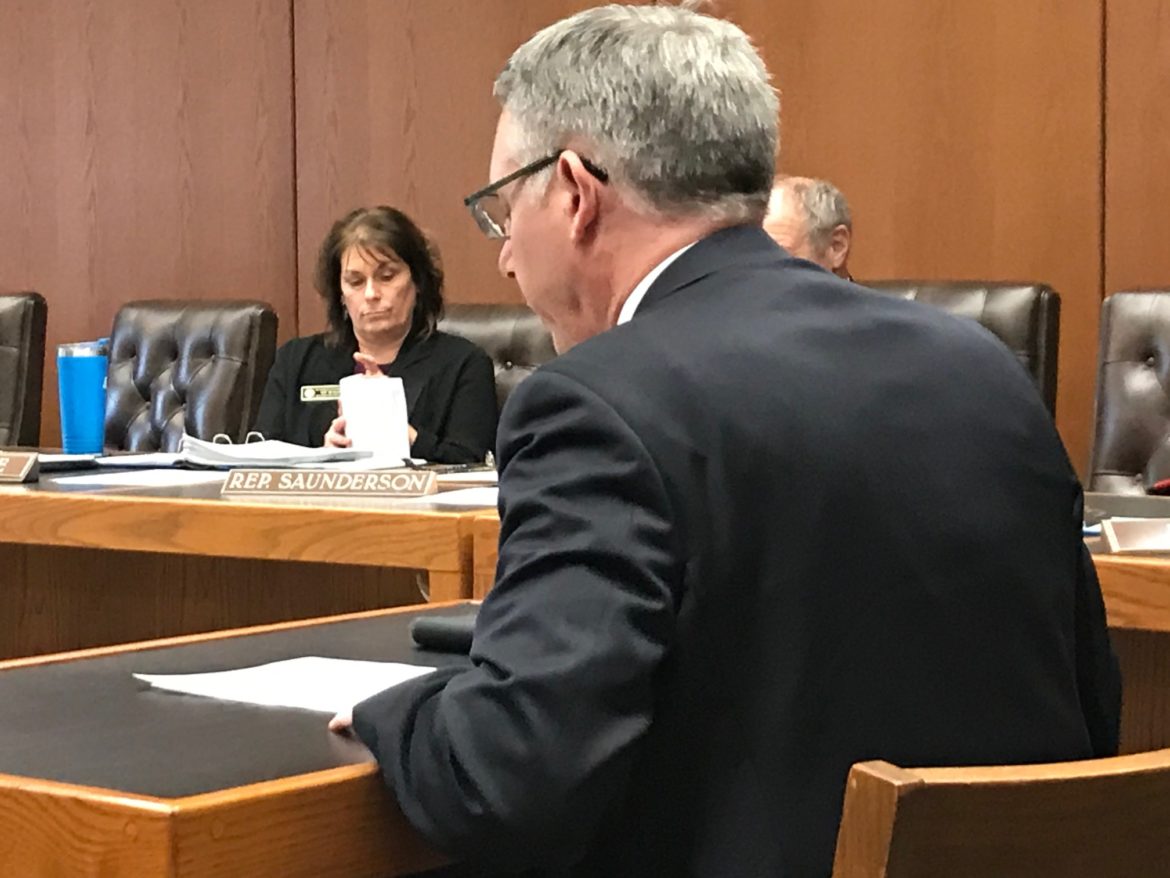By GARRY RAYNO, InDepthNH.org
CONCORD — Large power generating plants do not have to pay local property taxes on components that are used for air or water pollution.
One state representative wants to change that, saying to continue subsidizing these power plants for doing what they are required to do anyway under state and federal law is bad public and tax policy.
House Bill 1661 would remove the exemption for fossil-fuel burning power generators as well as for the Seabrook Station nuclear power plant.
The bill’s prime sponsor Rep. Renny Cushing, D-Hampton, said the exemption, which is the only local property tax exemption mandated by state government, was created 50 years ago to encourage investment in ways to reduce air and water pollution, but times have changed.
“It is important to remove the subsidies from these power plants because
of their threat to our society,” Cushing told the House Science, Technology and
Energy Committee Tuesday.
“We should not be picking winners and losers when solar and wind do not have
the same exemption.”
While Cushing’s bill had the backing of the NH Municipal Association, the Seacoast Anti-Pollution League and other environmental advocates and groups, it was opposed by the power generators association and other industry associations who said removing the exemption would put the New Hampshire electric generators at a disadvantage with those in other New England states who all have similar exemptions.
Dan Collins of the New England Power Generators Association said changing the exemption would create regulatory uncertainty and hurt the state’s pro-business reputation.
“It is good public policy to have an added incentive to mitigate air and water pollution,” Collins said, “and the benefits are large for the general public.”
The power generating industry is in transition right now, he said.
“You should not be making it harder for these plants,” Collins said. “You
should be making it easier to be good stewards.”
Committee chair Rep. Robert Backus, D-Manchester, asked Collins if he knows of
any large generating plants that would close if the bill passed, and Collins
said he does not.
Meghan Leahy, director of legislative and regulatory affairs for NextEra Energy Resources, which owns Seabrook Station, said her company already pays $17 million in taxes each year on the power plant, and the bill would add about $3 million more.
She noted the nuclear plant is the largest employer in town with over 500 workers, and another 1,000 employees are added when the plant is refueled.
NextEra upgraded the plant and is looking to invest in other energy facilities including in New Hampshire, Leahy told the committee, but the bill says New Hampshire’s “tax policy is inconsistent.”
Forty states have similar tax exemptions including all five surrounding New England states, Leahy said.
The existing law allows communities like Seabrook to seek the exemption’s repeal, but the town has never filed to do that, she said.
Cordell Johnson of the New Hampshire Municipal Association, said while his organization supports the bill, it does not go far enough and suggests the entire air and water pollution facilities exemption be repealed.
“This is not about coal, or gas (or nuclear) and what is good,” he said, “but simply if towns should subsidize generators.”
There are no other exemptions mandated for private businesses, he said.
“The point of this law has long since gone away,” Johnson said, noting the companies are required to have the pollution-control systems to operate.
“Communities are paying to have utilities do what they have to do,” he said.
There are local exemptions for solar and wind power, he said, but that is up to each community to decide unlike the power plants, which is “a direct subsidy to these existing businesses.”
The committee did not make an immediate recommendation on the bill. Similar bills have been introduced in the past, but to date all have failed.
Garry Rayno may be reached at garry.rayno@yahoo.com





